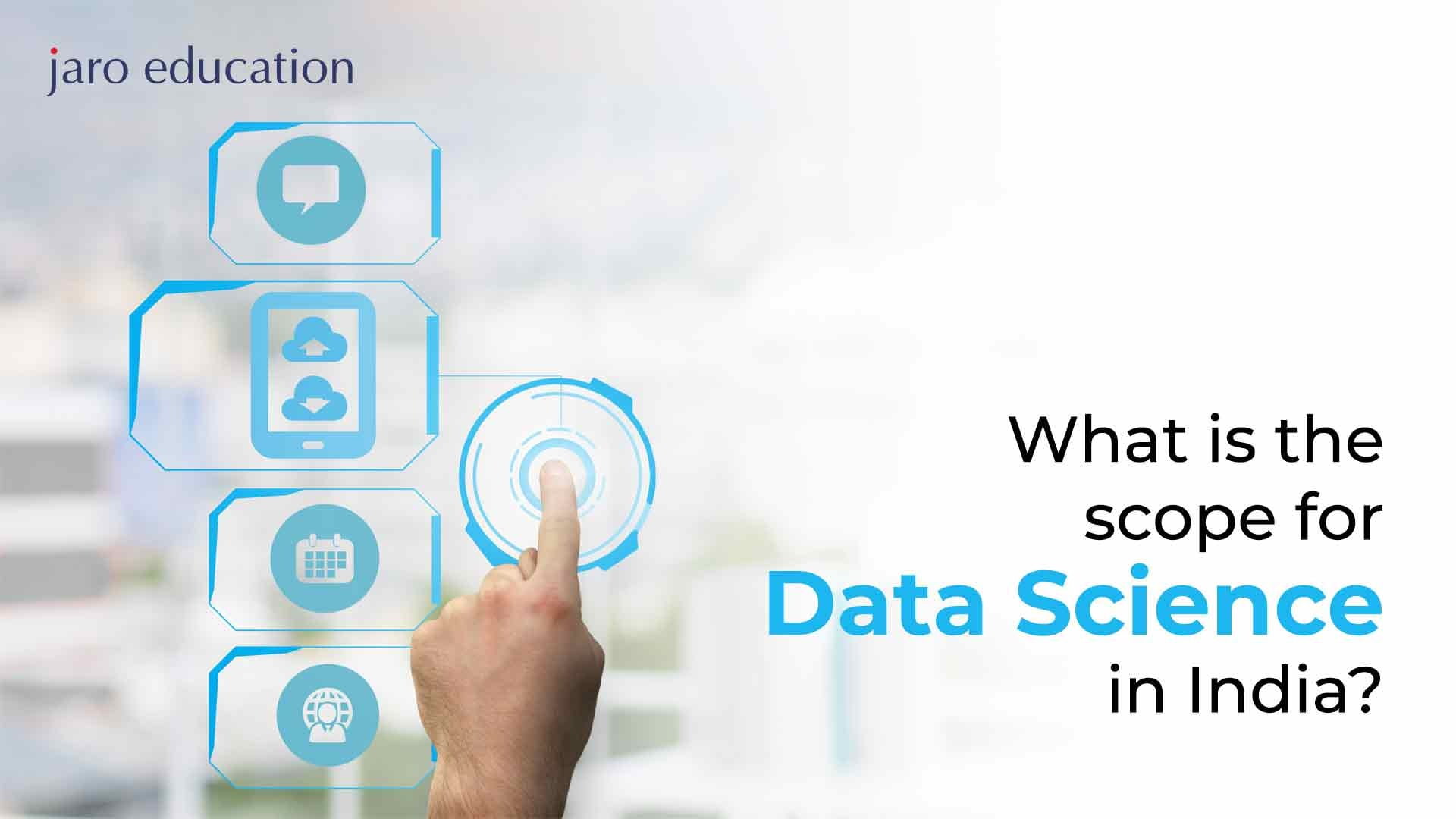Data science is a rapidly growing field in India, with increasing demand for skilled professionals analyzing and interpreting large datasets. The scope for data science in India is vast, with opportunities in various industries, including finance, healthcare, e-commerce, and government organisations.
The scope for data science in India is not limited to these industries, however. Data scientists are also in demand in sectors such as transportation, energy, and manufacturing. Additionally, the field of data science is constantly evolving, with new applications and techniques being developed all the time. This means that there will continue to be a wide range of opportunities for data scientists in India in the future.
How is data science impacting business?
Data science is having a huge impact on business today. Businesses use data analysis to gain valuable insights into their customers and markets, optimise operations, and make better decisions. Data science is being used to create predictive models that can help companies anticipate customer behavior and make more informed decisions about product launches, marketing campaigns, and resource allocation. Companies also leverage data science to gain a competitive edge by leveraging machine learning and AI to automate processes, improve customer service, and optimise production. Data science is transforming entire industries and revolutionising how businesses operate.
What are the top data science trends?
1. Machine Learning:
Machine Learning has become one of the most critical trends in data science. It involves using algorithms to learn from data and make predictions.
2. Big Data:
With the rise of digital data, Big Data is becoming a significant trend in data science. Companies are using Big Data to gain insights from large sets of data.
3. IoT and Edge Computing:
IoT and Edge Computing are becoming increasingly popular as companies seek ways to make sense of data from connected devices.
4. Natural Language Processing:
Natural Language Processing is becoming a popular trend in data science. It involves using algorithms to understand human language and make predictions.
5. Artificial Intelligence:
Artificial Intelligence is becoming more advanced and is being used to automate many processes in data science.
6. Cloud Computing:
Cloud Computing is becoming increasingly popular as companies look for ways to store and process large amounts of data in the cloud.
7. Data Visualisation:
Data Visualisation is an essential trend in data science. It involves creating visual representations of data to make it easier to understand.
What are the challenges with data science?
1. Data Acquisition:
Before any data analysis, data must be collected. This can be a significant challenge as data is often scattered across multiple sources, making it difficult to access and combine.
2. Data Cleaning and Preparation:
Data is rarely in a format that is ready for analysis. Often, it requires preprocessing, such as cleaning and preparing data, before any meaningful analysis can be done.
3. Algorithms and Technologies:
Data science projects require using algorithms, models, and constantly evolving technologies. Staying up to date with the latest developments can be a challenge.
4. Interpretation and Communication:
Data science projects often involve complex concepts and results that must be more readily understood or communicated to non-experts. Finding ways to present data in an easily understandable way is an essential skill for data scientists.
5. Ethical Considerations:
As data science continues to grow and expand, the ethical implications of data analysis become more critical. Data scientists must be aware of the potential ethical issues arising from their work.
How to implement data science in your company?
1. Start by understanding the data needs of your company. Take stock of your company’s existing data sources and determine which data sets are most important to achieve your business goals.
2. Invest in data infrastructure. Set up a data warehouse that is reliable, secure, and scalable. This should include a data storage system and a pipeline for ingesting and processing data.
3. Collect and clean data. Use data wrangling techniques to make sure the data is accurate and useful.
4. Analyse the data. Use descriptive and predictive analytics to uncover insights and trends.
5. Implement data-driven decision-making. Use the insights to inform decisions and strategies.
6. Monitor and optimise. Track the results of data-driven decisions and adjust accordingly.
7. Educate your team on data science. Make sure everyone understands the basics of data science and how it’s being used in the organisation.
For people wishing to develop the abilities and knowledge necessary to succeed as data scientists, the IITM Pravartak Executive Certification in Advanced Data Science & Applications is a fantastic programme. The data science subject is thoroughly covered in this programme, which also covers topics like machine learning, data mining, data engineering, data visualisation, and more. The course also allows students to work on projects and data sets from the real world. The curriculum is a great choice for anyone interested in a career in data science because it also covers the most recent methods and tools utilised in the industry.
In conclusion, the scope for data science in India is vast, with opportunities across various industries. The increasing amount of data being generated in the country, coupled with the growing demand for professionals who can analyse and interpret this data, means that the field of data science is poised for continued growth in India.






